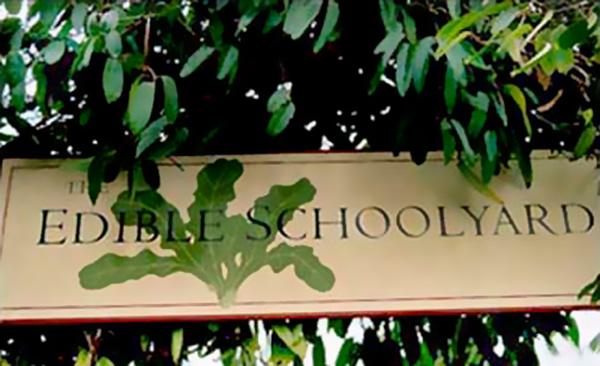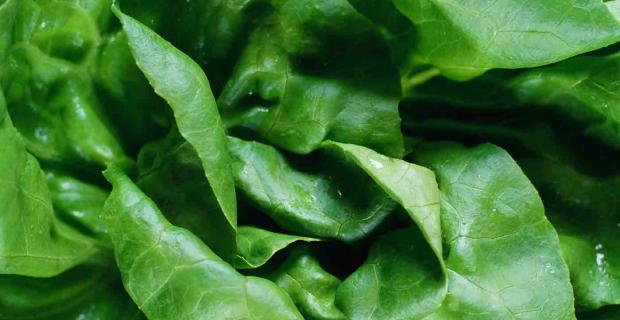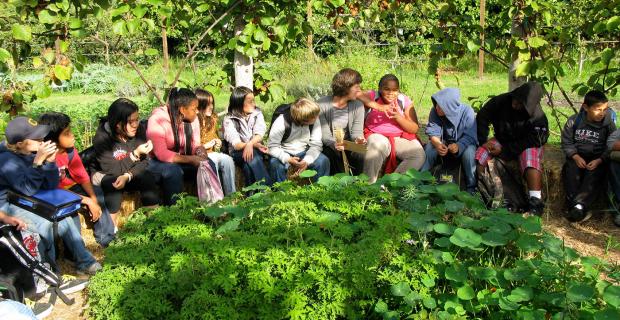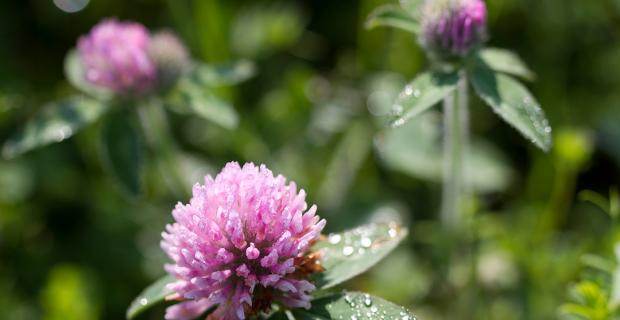The Edible Schoolyard

The Edible Schoolyard is a nonprofit program located on the campus of Martin Luther King Middle School in Berkeley.
Its mission is to create and sustain an organic garden, landscape, and kitchen classroom that are wholly integrated into the school's curriculum and lunch program. The garden is designed and maintained, using sound ecological practices. ESY involves every student at King School in all aspects of farming the garden, from the way food is grown and harvested to the recycling of waste back into the earth. Through the program's kitchen classroom, each student also participates in preparing, serving, and eating the food. ESY is designed to awaken children's senses and to encourage awareness and appreciation of the transformative values of nourishment, community, and stewardship of the land. Aesthetically, ESY's goal is creation of a beautiful environment that will inspire social personal and social responsibility.
Neil Smith, then King School's principal, planted The Edible Schoolyard's first seeds in 1994 with a call to Alice Waters, the charismatic, visionary chef and founder of Berkeley's world-famed Chez Panisse restaurant. Neil had heard a radio interview in which Alice described her dismay at driving past a run-down, graffiti-marred King School on her way to and from work.
When the principal called, she says, "I imagine that he had in mind my helping to beautify the school with a garden. But as we walked around the campus, I immediately began to get ideas. There are gardens in lots of schools. There are kitchens. There are cafeterias. But there aren't gardens and kitchens and cafeterias that are of a piece...I started to get the idea for an ecological curriculum run as a school lunch program that could transform education."
Even with the inspiration of a dynamo like Alice Waters and a supportive principal, the garden idea germinated slowly. The following fall Beebo Turman, a parent, stepped forward. Beebo, Neil, and Alice were joined by two science teachers, Beth Sonnenberg and Phoebe Tanner. Finally, two years after Neil and Alice first talked, staff and volunteers tore up an ugly asphalt lot and planted their first crop: bell beans, fenugreek, crimson clover, oats, and vetches to cleanse and improve the soil. The school's unused 1930s cafeteria kitchen was refurbished to house the kitchen classroom.
The Center for Ecoliteracy (CEL) awarded The Edible Schoolyard a grant that allowed it to hire staff, and has remained a major supporter since. Says Fritjof Capra, a cofounder and chair of CEL's board, "Gardens and food systems were an ideal project for CEL. We realized students can learn the facts without that affecting their lives. You need to instill a certain passion for nature. You can't do that in the classroom alone. By growing and eating vegetables, they learn to see themselves as part of natural cycles. Our health depends on the health of our food, which depends on the health of the soil. Children learn that we are embedded in the soil. They see that we are not apart from nature, but a part of it, and that therefore we must play our part."
"CEL funded aspects that I didn't even see," says Alice. "While I was focused on bringing in outside people and taking the weight off teachers, Zenobia was focused on making the teachers more involved."
In the Garden, We Work
"The garden is hands-on," Beth Sonnenberg told me. "We work. There's no reason I should waste garden time on a little lecture on the beauty of compost, when they can be out turning compost themselves."
Along the way, students are encouraged to sample the garden's output. "The first place they always go is the raspberries," says Phoebe. "But then it's on to the beans or the mustard greens. One year we had purple string beans. They never got to the kitchen, because kids ate them right off the vine."
Says CEL cofounder Peter Buckley, "One of my favorite experiences is walking through The Edible Schoolyard garden and seeing the kids munching on the food like little deer. They know, and will eat, what tastes good." Phoebe Tanner adds, "I had one African-American kid whose mother called him a 'picky eater.' Over the year, that took on a new meaning, because he was picking, and eating, everything in the garden."
Students in the garden cooperate without being asked. The changed context breaks assumptions about how teachers and students relate. Phoebe tells a story: "I was working with one of my students. We noticed that the wood chips we were spreading were steaming. 'Why is that?' I asked. 'Because of bacteria in the wood,' he answered. Then he said, 'Miss Tanner, let's have a conversation.' I had thought we were having a conversation, but for him it was still a lesson. 'Who's your hero in life?' he asked. I told him, 'Rachel Carson,' and asked who his was. A couple of others joined us. Everyone shared, and really listened to each other. That doesn't happen in a classroom."
In the Kitchen
Most King School classes incorporate the kitchen in their schedule. Esther Cook has been The Edible Schoolyard's kitchen teacher and manager since the kitchen opened. At first, she says, teachers looked at the kitchen and garden sessions as "time away from the curriculum. Now they're seeing ways to make the lessons part of the curriculum."
A Spanish class tries Venezuelan cooking, speaking in Spanish while cooking. A math class costs out the ingredients of a meal, learning that good food can be served on a limited budget (literally, a take-home lesson). For a drama class, Esther gives groups of students the same ingredients and invites them to "improv" different recipes.
Setting the table with a tablecloth and flowers, and sitting down to eat together, even for twenty minutes, creates a different model of eating and relating for children used to inhaling meals on the run. Classes teach about fresh, nutritious food, not with "Eat this because it's good for you," but with "Try this and see if it doesn't taste better." Alice Waters talks about "seducing" people with food. It's the not-so-secret strategy of her delicious revolution.




